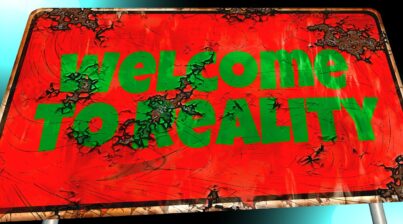Words mean a lot and purposeful branding is important. Even the term “human resources” is evolving into more people-centric names. Titles are now using “people” or “talent” versus “human”. It’s a little ironic… we have to move away from the word “human” to make HR functions feel more human.
Depending on your talent management strategies, it might be time to consider which term “recruitment” or “talent acquisition” is more appropriate. The terms are used interchangeably but they are not one and the same. As we learned with data, metrics, and analytics, not all HR terms are equal.
What’s the difference between Recruitment and Talent Acquisition?
Recruitment is the traditional term used for HR functions around finding and hiring people for positions within the company. It includes all aspects of hiring like requisitions, job postings, sourcing, interviewing, offer negotiations, and initial onboarding. It focuses on filling positions that are currently open and is reactive.
Conversely, talent acquisition (TA) is much more proactive. It puts more emphasis on the long-term, strategic workforce goals of the organization. Additionally, it looks to put the right people in the right roles to ensure long-term success. Metrics and analytics are used to plan for future needs based on leadership’s goals and organizational strategy.
Is Talent Acquisition right for you?
While it might be the hot trend to go from recruitment to talent acquisition, first make sure the name is the right fit. Is your organization mature enough to shift from reactive to proactive approaches? A recruiter that is accustomed to backfilling roles may not have the skillset to analyze trends. Additionally, do your business leaders understand the importance of workforce planning to support strategic goals? Without leadership buy-in, they may not even tap into the resources a talent acquisition team can provide.
Talent acquisition also promotes the importance of attracting the right talent with a clear employer brand. Org culture plays a big role here and sets the foundation. If the company’s culture is not healthy, it will be hard to build an attractive employer brand. Reputation, image, social presence, engagement, diversity, inclusion, values, and uniqueness all contribute to the brand.
Working together for organizational success
This is not to say that recruiters are not needed. In a high-volume turnover environment, you will need expert recruiters who are able to fill jobs quickly. But, you might find it beneficial to create a hybrid team of recruiters and talent acquisition specialists. TA can provide forecasting and insight on when busy or peak season occurs. Then provide strategies for a successful recruitment season. Solid talent acquisition strategies can make a recruiters job easier and more efficient. Additionally, when partnered with HR, talent acquisition can have huge impacts on retention.
No talent acquisition team can be successful without robust data and metrics to aid strategies. Analytics will provide the support needed to get leadership buy-in for talent acquisition strategies. An HR dashboard takes care of the data calculations to provide visualizations to make the analytics easier. Sign up today for a free demo of our automated HR dashboard.












